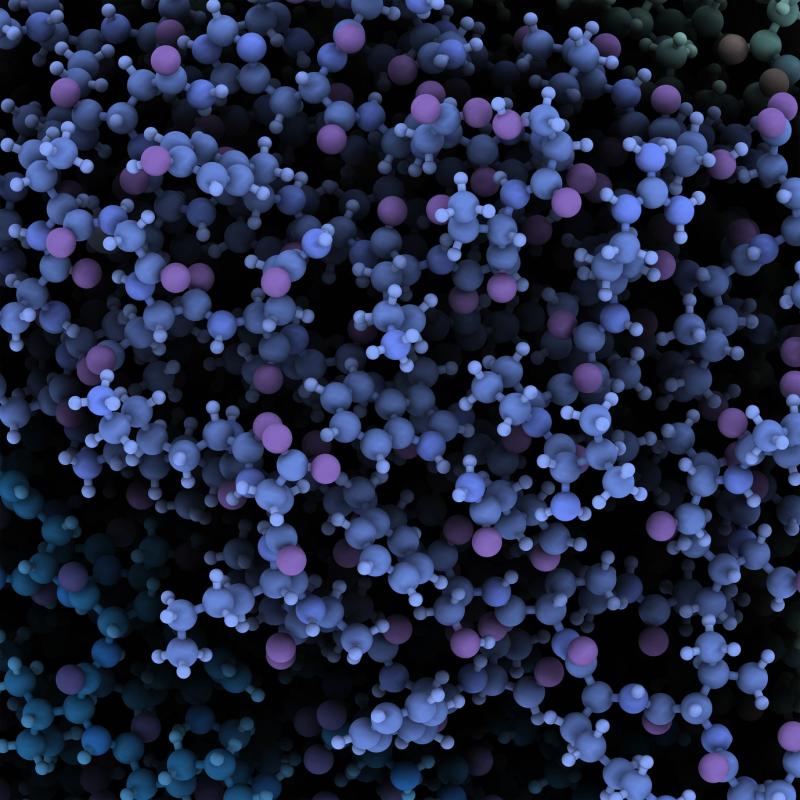
Glucagon appears to have a negative effect on ischaemic heart disease, suggests a study.
“Glucagon acts reciprocally with insulin to regular blood glucose,” the investigators said. “However, the effect of glucagon on cardiovascular disease has not been widely studied.”
This two-sample Mendelian randomization study sought to determine whether glucagon, the main counteracting hormone of insulin, plays a role in the development of ischaemic heart disease.
The investigators used the inverse-variance weighted method with multiplicative random effects and multiple sensitivity analyses to estimate the causal effect of glucagon on ischaemic heart disease as well as its risk factors. They obtained genetic associations with glucagon and ischaemic heart disease and its risk factors, including type 2 diabetes and fasting insulin, from publicly available genome-wide association studies.
A total of 24 single-nucleotide polymorphisms that were strongly (p<5x10-6) and independently (r2<0.05) predictive of glucagon were identified.
Genetically predicted higher glucagon was found to correlate with a higher risk of ischaemic heart disease (inverse-variance weighted odds ratio [OR], 1.03, 95 percent confidence interval [CI], 1.0003–1.05) but not with type 2 diabetes (inverse-variance weighted OR, 0.998, 95 percent CI, 0.97–1.03), log-transformed fasting insulin (inverse-variance weighted beta, 0.002, 95 percent CI, –0.01 to 0.01), other glycaemic traits, blood pressure, reticulocyte, or lipids.
“Relevance of the underlying pathway to existing and potential interventions should be investigated,” the investigators said.